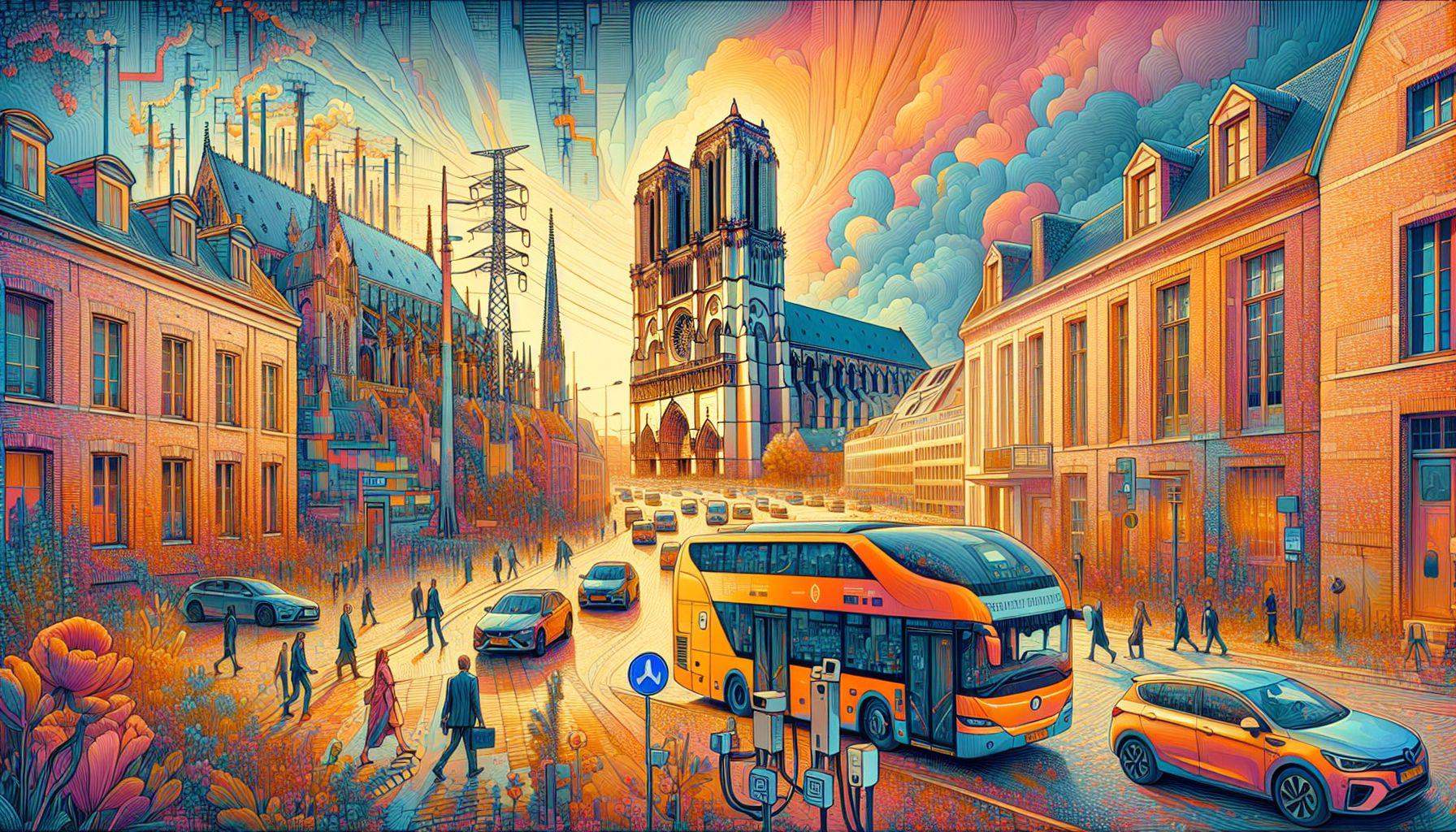Challenges Facing Netherlands' Emission-Free Bus Goal by 2030

Netherlands, Monday, 20 January 2025.
The Netherlands’ plan for emission-free buses by 2030 is at risk due to electricity and charging infrastructure shortages, potentially requiring continued fossil fuel use beyond the target year.
Current State of Electric Bus Implementation
As of January 2025, only 37% of the Netherlands’ 5,100 public transport buses are emission-free [1][3], highlighting significant challenges in meeting the 2030 zero-emission target. The transition faces major obstacles, particularly due to electricity grid limitations. Some transport companies are already indicating that fossil fuels may need to continue being used after 2030 [1], a deviation from the original agreement that raises concerns about meeting climate goals.
Infrastructure and Energy Challenges
The primary challenge stems from insufficient charging infrastructure due to grid congestion [1][3]. Transport companies are forced to find creative solutions, with some carriers like EBS in Flevoland resorting to charging their buses at Lelystad Airport, incurring hundreds of thousands of euros in additional costs [3]. Some operators have arranged to charge only during off-peak hours to secure access to power points [1], demonstrating the severity of the infrastructure limitations.
Legal and Regulatory Developments
Public transport companies are actively seeking solutions through legal channels. Together with fourteen other entities, including ProRail and KPN, they are pursuing legal action to gain higher priority access to the electricity grid [3]. Currently, only essential services such as hospitals, schools, and police have priority status for grid access. A court verdict on this matter is expected later in 2025 [3], which could significantly impact the feasibility of meeting the 2030 zero-emission target.
Future Implications and Regional Variations
The challenges have already led to some regional adaptations. In Gelderland, authorities have decided not to strictly enforce the emission-free deadline for bus transport to maintain service availability [3]. Meanwhile, in Friesland, carrier Qbuzz was forced to purchase new diesel buses in late 2024 due to power shortages [3], despite regulations prohibiting such purchases. These developments suggest that achieving complete emission-free bus transport by 2030 may require significant infrastructure improvements and policy adjustments.

